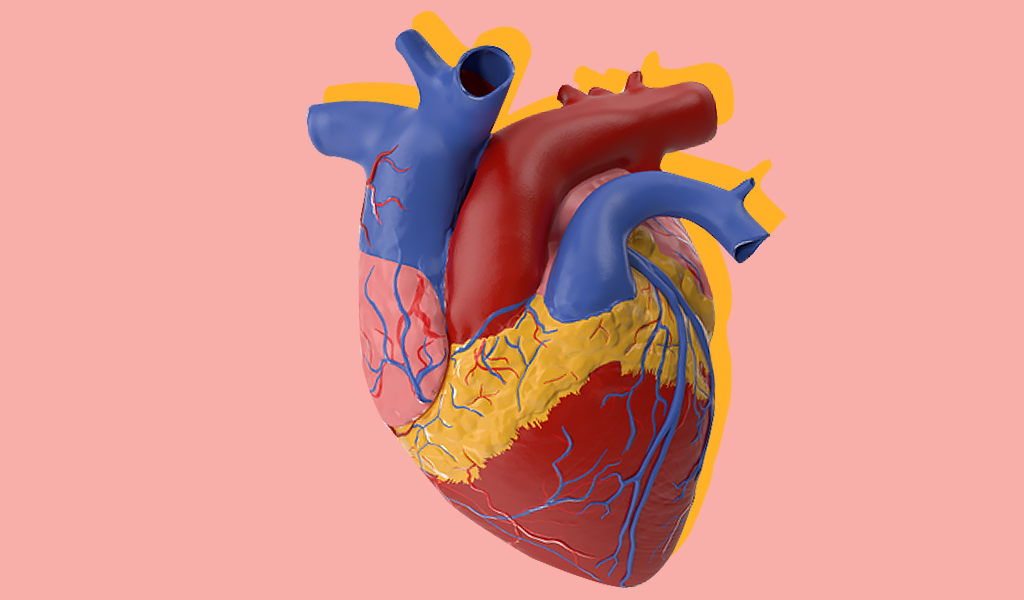Where to read about diseases, medicines and scientific discoveries
11 English Language Medical Sites You Can Trust
SM and edition “Just ask” are launching a joint project: we will talk about how English helps to take care of health. The first series contains a review of sites where you can check a doctor's prescription, read about the effectiveness of drugs, study symptoms, learn about world treatment practices.
1. Check doctor's prescriptions with clinical guidelines recognized worldwide
Uptodate.com is perhaps the most authoritative source of medical information on the English-speaking Internet. Each article contains up-to-date data on diseases, treatments and medicines. More than 5,700 doctors write, check and review materials, and from the perspective of evidence-based medicine. Articles for patients are collected in Beyond the Basics and are free to all readers.

2. Read about research and latest developments. Also watch the video!
MedlinePlus is a portal for patients and their relatives, which is maintained by experts from the US National Institutes of Health (this is the main medical research center in the States). Diseases, symptoms and medical problems are spoken here in an accessible language. MedlinePlus will help you learn about current treatments, research, drugs and supplements. A large section of the site is devoted to educational videos – the videos are divided into topics and are accompanied by English subtitles.

3. Check for adequacy the next news about medicine
The website of the British Ministry of Health NHS Choices contains up-to-date and verified information on a huge number of diseases. The alphabetical index makes it easy to navigate. The emphasis is on cardiovascular diseases, which can be considered the number 1 killer in the UK (in fact, as well as in Russia). A useful bonus is the Behind the Headlines section: NHS experts check high-profile medical headlines that diverge in the world media.

4. Find out what specific symptoms are talking about
The Mayo Clinic site is probably the prettiest and most helpful clinic site in the world. Here they talk about various diseases and symptoms (to check what a symptom means, just click on it in the Symptom Checker.) About 3000 doctors and researchers share their experience on the site, so even a very tricky medical question can be answered here.

5. Read about choosing a family doctor and children's health
The Family Doctor website was developed in collaboration with the American Academy of Family Physicians. Here are collected tips for patients on how to choose a doctor and health insurance, lead a healthy lifestyle, and so on. You can find useful information about the health and development of children – from potty training to preventing acne in adolescence.

6. Find out the exact side effects of the medication
Drugs.com is a complete online drug encyclopedia and generally one of the most popular websites in the US. About 23 million people come here every month to learn about the side effects and compatibility of drugs prescribed by a doctor. Drugs.com is not an online pharmacy and prides itself on being unaffiliated with any pharmaceutical company in the world. On the site you can see banners advertising medicines, but the articles themselves are objective and regularly updated by experts.

7. Chat with a medical expert online or listen to podcasts
The Cleveland Clinic website has a lot to say about diseases, treatments, procedures, drugs, and current medical research. The information is well structured. An important advantage is the variety of multimedia formats: here you will find interactive diagnostic tools, health interviews with doctors, online chats with health experts, podcasts and webcasts.

8. Evaluate Alternative Therapies
The National Health Information Center educates patients and promotes healthy lifestyles in the United States. On their website, you can read, among other things, about alternative methods of treatment. Experts present information from the perspective of evidence-based medicine – objectively and without unnecessary moralizing. The next time your parents offer you some kind of healing cough infusion, look in the reference book of medicinal plants and find out if this folk remedy can be combined with other pharmaceuticals.

9. Read about medicine in a non-fiction style
Endocrinologist James Norman founded Healthline in 1999. This is a large medical media holding, which includes other popular health sites – news from the world of medicine and a dictionary of medical terms. Despite the fact that these sites do not belong to professional unions and organizations, unhealthy sensations do not belong here. From time to time, the portal places partner publications, but they are of decent quality.

10. Learn more about infectious diseases and vaccinations
CDC is the website of the US Centers for Disease Control, where you can find up-to-date information about infectious diseases, vaccines and the prevention of various diseases. In addition to expert recommendations for doctors, there are many materials for patients. For example, flyers and brochures on how to prevent the spread of influenza in schools or what vaccinations are needed before traveling to Africa.

11. Learn to lead a healthy lifestyle
Everydayhealth is a commercial (but high-quality) project dedicated to the healthy lifestyle and experience of those living with chronic diseases. On the portal you can find your medication guide and detailed sections on physical education, sleep and proper nutrition.

To better navigate English-language sites, install a handy extension for Google Chrome. With it, you do not have to be distracted by dictionaries.Just highlight the English text – and the translation of the word or phrase is instantly displayed next to it.

